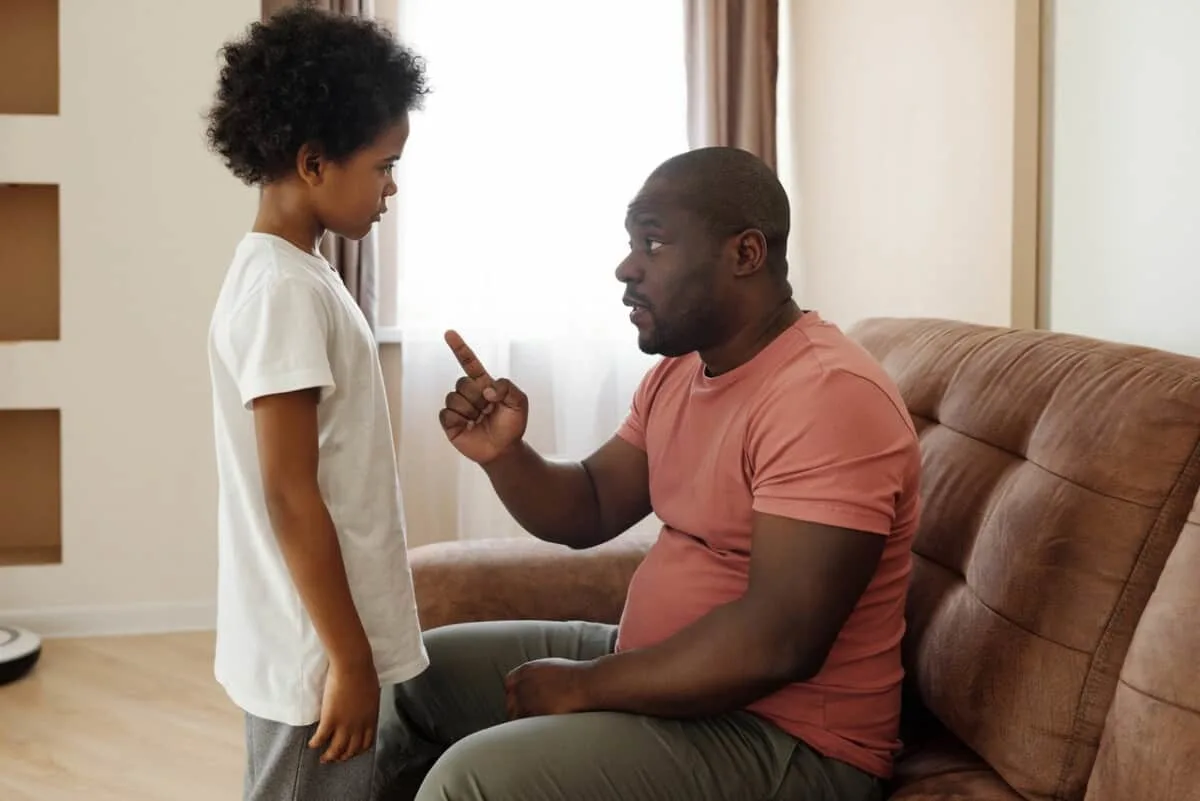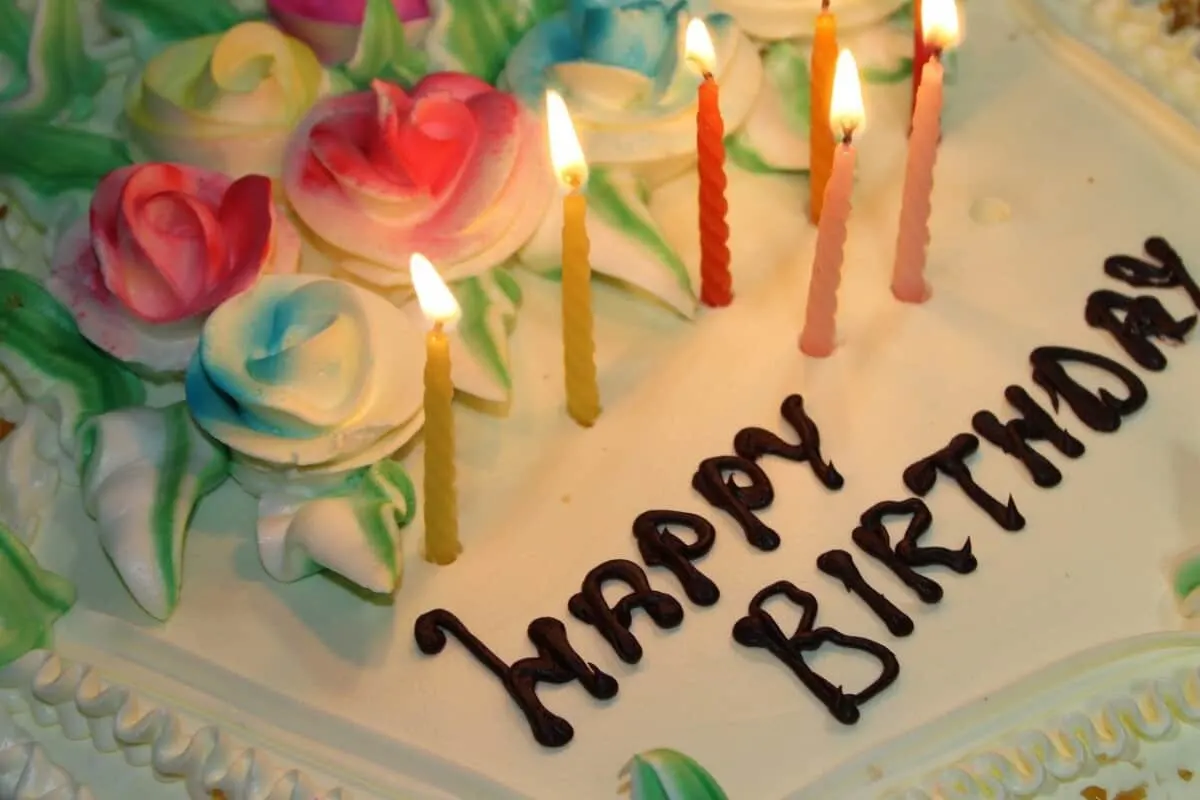You’ve probably heard the phrase “too bad” many times in casual conversation. It’s a phrase that English speakers use to express many different situations, and it relies heavily on the context of the conversation and the relationship between the speakers. And when it comes to spelling “too bad,” it can leave you wondering which one …
Language Arts
Summer is finally here, and that means that you’re probably spending a lot more time without shoes. But what is the correct word to describe this situation? Is it “barefoot” or “barefeet”? The correct spelling is “barefoot” because it is an adjective, and the word “barefeet,” as a closed compound, doesn’t exist in English. Instead, …
A birthday is a special occasion for many — one where you will wish your friends or family a happy birthday to show them you care for them. Of course, we have many ways to say “Happy birthday,” but is it correct to say, “Happiest birthday”? Saying “Happiest Birthday” is not proper. “Happiest” is a …
Some of the most challenging words to work with in the English language include idioms, phrases, and compound words. A key example is “any day,” which we might consider an idiom, a phrase, or a compound word. Which, then, is correct: “anyday” or “any day”? “Anyday,” is not correct in English. The correct form is …
There are various similar-sounding words in the English language that often result in confusion. A case in point is “than” and “then,” so what is the difference between “other than” and “other then”? You can use “other” with “than” as a conjunction or preposition of comparison but generally not with the preposition of time “then.” …
As you work towards mastering the English language, you need to make sure that your subject and verb agree. This will eventually become automatic because the right choice will sound right, but, initially, you may be confused about whether to ask “Is the list” or “Are the list.” The word list is singular and requires …






